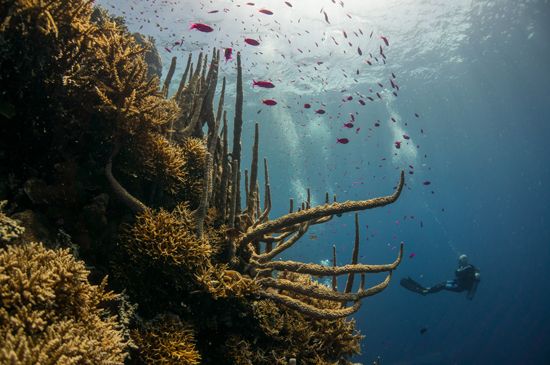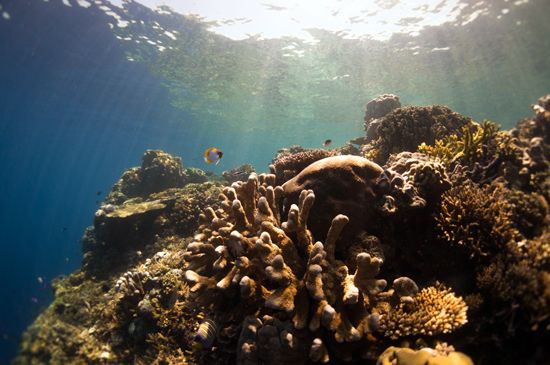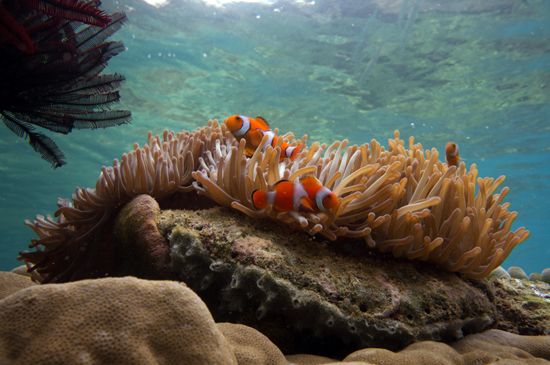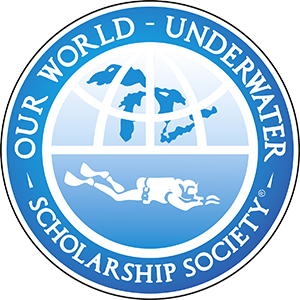You can sense the striving order and intricate balance of a healthy reef ecosystem. On my first dive in Papua New Guinea, I was instantly impressed…. An abundance of marine life danced around the colorful structures of the diverse array of architecturally complex soft and hard corals reaching out to catch as much sunlight as possible. The sun beamed down in distinct rays through the water lined with fish dancing in pulsating rhythm and darting for the protection of the reef from large Jacks and Barracuda which circled in great force above the reef. “This is healthy, this is what it’s meant to be like” I thought to myself.

As a young marine scientist, over the past seven months the OWUSS Rolex scholarship has taken me from my Australian roots to Indonesia, The Maldives, Bermuda, The Bahamas and The United States to gain knowledge from the experience of leading underwater professionals such as scientists, conservationists and film makers. Throughout my travels, I continue to hear growing concerns raised by experienced divers who have personally witnessed the rapid degeneration of marine habitats and decline in fish abundance on a global scale “You should have seen what this dive site used to look like ten years ago”. In recent times, I have seen for myself the poor state of many reefs and I can personally express my own concern. Luckily, for Papua New Guinea, the reefs I visited seem as though they have so far held resistant to the growing global pressures as you can definitely still feel the buzz of a healthy, striving ecosystem, packed with colorful coral surrounded by an abundance of fish life.

I came to Papua New Guinea to learn about the environmental education programs offered to schools at the Mahonia Na Dari (MND) Research Centre near Kimbe Bay, New Britain where the local reefs are not only among the most diverse in the world, but from my recent experience also among some of the healthiest. The marine education and awareness program at MND aims to build support for conservation, increasing environmental awareness and inspiring local attention to protect their important ecosystems. Since the inception of the organization in 1998, MND has reached out to more than 150,000 students and teachers, local communities and other organizations who are interested in marine research.

I feel strongly that education really is the key to help people appreciate the value of marine ecosystems and understand the challenges that lie ahead. Through education facilities like MND, young generations are learning to understand the impacts of unsustainable practices and appreciate the importance of protecting their healthy and valuable reefs for the future.
